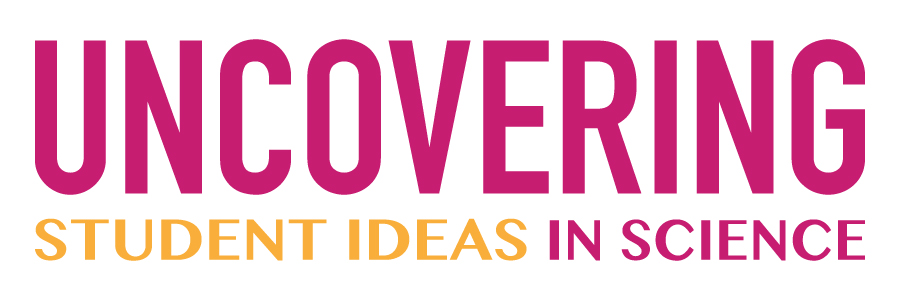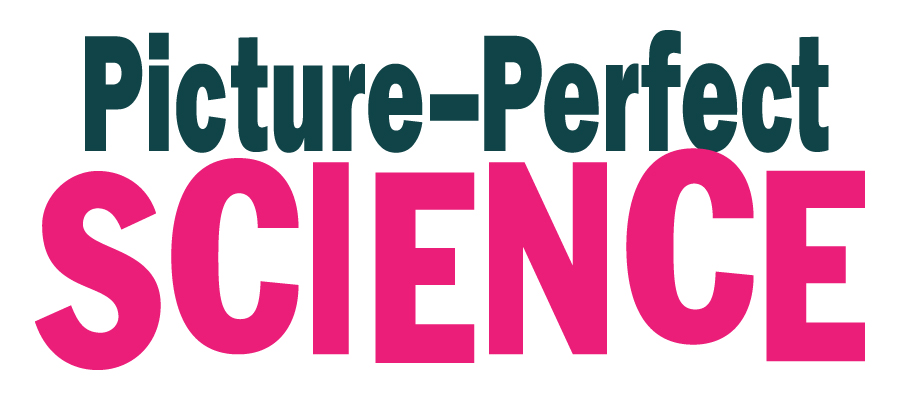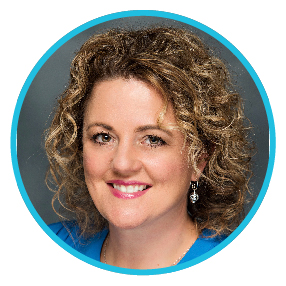National Science Teaching Association
NSTA's mission is to promote excellence and innovation in science teaching and learning for all.
The National Science Teaching Association (NSTA) is the largest organization in the world promoting excellence and innovation in science teaching and learning for all. NSTA membership—approximately 50,000 strong—includes science teachers; science supervisors; informal science educators; administrators; scientists; and leaders in business, industry, and government. As a leader in science education, NSTA works to help educators nationwide connect, collaborate, and grow professionally; provides trusted, high-quality professional learning resources; and serves as an advocate for science, STEM, and science educators so that all students will be prepared to succeed in the workplace and in society.
Contact your regional product representative for more information
Darren Boles
Missouri Interface Conference
Keynote Speaker
Taking the Time to Uncover and Understand Student Thinking
Page Keeley • NSTA Press Author
February 16 from 5:00-6:30 pm CST
Taking the time to uncover and understand student thinking is a high leverage strategy for supporting conceptual understanding in science and mathematics. In this presentation we will explore where students’ ideas come from, how they make sense to the student, and questioning strategies for ALL students that will help build a bridge between their initial ideas and scientific and mathematical understandings. Examples from the author's Uncovering Student Ideas in Science series of twelve books will be featured in the keynote.

Explore-before-explain: A Practical and Fun Approach towards NGSS
Patrick Brown • NSTA Press Author
February 18 from 3:00-4:30 pm CST

Get 20% off all NSTA Press books with promo code DESE20
Valid February 15 - March 15
Popular Series
Uncovering Student Ideas

Tens of thousands of teachers have taken advantage of the Uncovering Student Ideas series to reveal students’ preconceptions.
Each of the first four volumes provides 25 probes with easy-to-follow steps for uncovering and addressing students’ ideas by promoting learning through conceptual change instruction. Probes cover topics such as physical, life, and Earth and space science; the nature of science; and unifying themes. Each volume on page 23 provides topic-specific probes. These invaluable books include teacher materials that explain content, identify links to standards, and suggest grade-appropriate ways to present materials so students learn the concepts accurately. Teachers, professional development coordinators, and college science and preservice faculty will find these resources essential and exciting.









